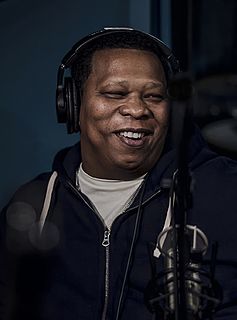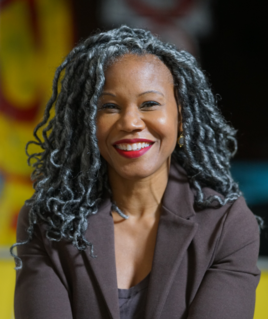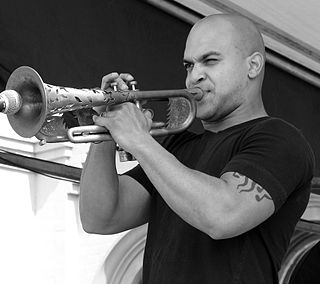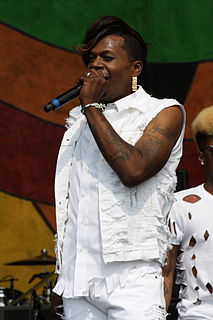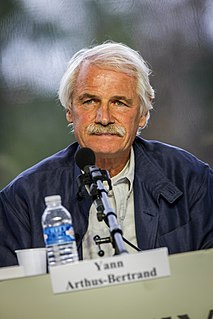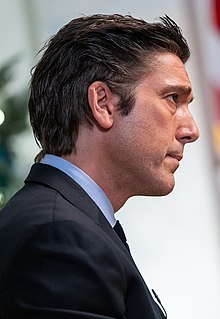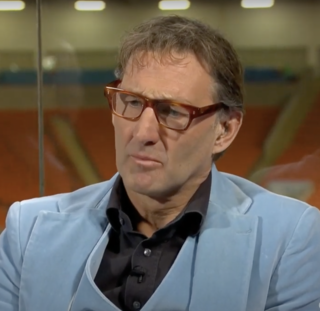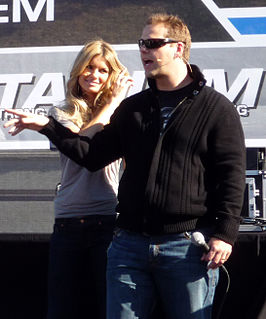A Quote by George W. Bush
There were tactical decisions that I wish I could have done differently: mission accomplished, not revealing my drunken driving charge prior to my run for the presidency, flying over New Orleans on Katrina and the pictures being released and people saying, "he's aloof and doesn't really care."
Related Quotes
Prior to Katrina, the South Bronx and New Orleans' Ninth Ward had a lot in common. Both were largely populated by poor people of color, both hotbeds of cultural innovation: think hip-hop and jazz. Both are waterfront communities that host both industries and residents in close proximity of one another.
I believe that New Orleans had a level of sin that was offensive to God, that there was to be a homosexual parade on the Monday that the Katrina came, and the promise of that parade was that it was going to reach a level of sexuality never demonstrated before in any of the other Gay Pride parades. So I believe that the judgment of God is a very real thing, and I believe that the Hurricane Katrina was, in fact, the judgment of God against the city of New Orleans.
While we were saying all these things about taking care of our fellow men, we were flying around, eating meat, buying things, driving a car, having two homes. Then we realized that we of course are a huge part of the problem, in fact, we were part of the problem. Greta could not get around that, and it made her upset... She told us we had to change.
I was pretty realistic to people about what we could get done, and the situation we were in, and trying to tamp down expectations. If you listen to my stump speeches, if you listen to what I said at Grant Park, I kept on saying, "Look, this is not just about me, this is not going to happen in one year, or one term, or even one presidency." And we tried to layer into everything we were saying a sense of hope, but also realism.
What is kind of beautiful about Katrina is that even though the media and officials are working hard at telling us everyone in New Orleans was a monster, in the immediate aftermath more than 200,000 people invite displaced strangers into their homes through hurricanehousing.org and an uncounted horde go to New Orleans and the Gulf Coast to give, to love, to be in solidarity, and to rebuild.


